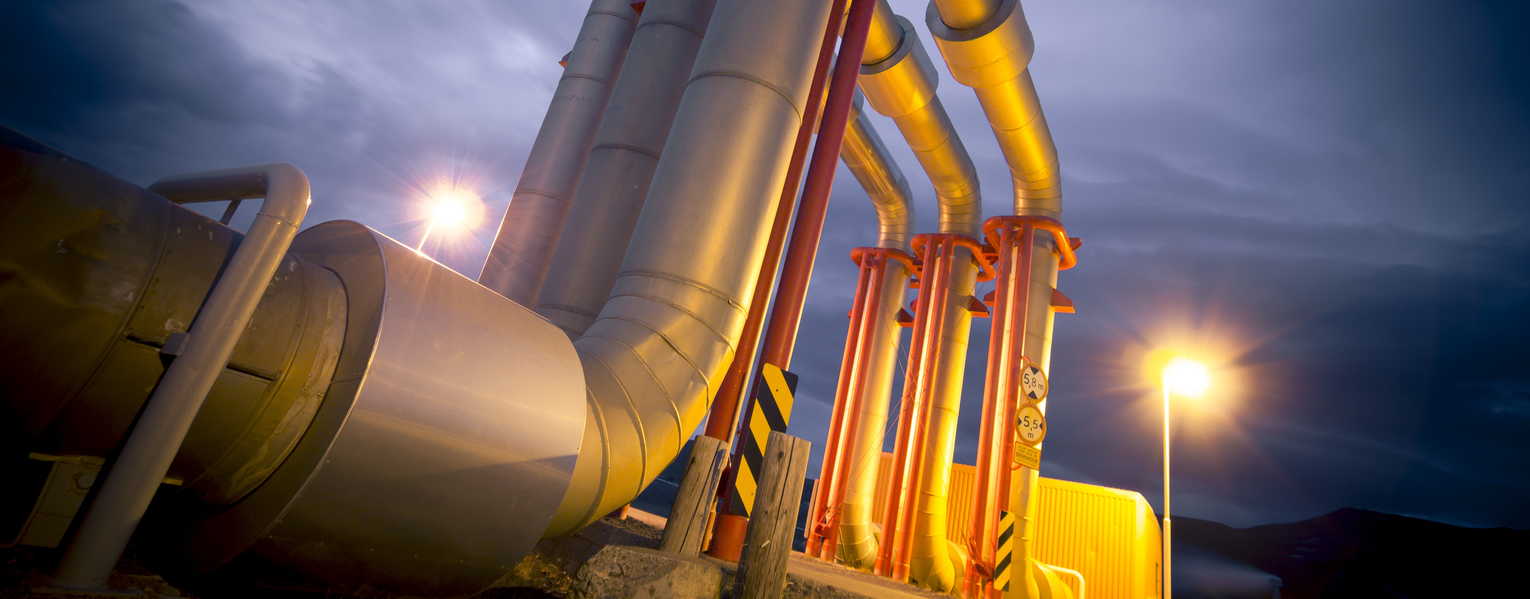

This course will provide an understanding of flow phenomena that can help the participant avoid problems such as hydrate formation, pressure (surge) waves, or high viscosity liquid flow failure. This intensive, five-day intermediate level course addresses several critical problems in achieving pipeline flow assurance. The focus of this course is on potential challenges to pipeline operations including: surge, corrosion, hydrate formation, wax deposition, multiphase fluids, and slugging. The causes for these problems, design solutions, and operational responses will be an integral part of the course.
By the end of this course delegates will be able to:
Technical professionals in the pipeline business including: project managers, pipeline engineers, facilities engineers, design engineers, and engineering contractors.
CDGA attendance certificate will be issued to all attendees completing minimum of 75% of the total course duration.
| Code | Date | Venue | Fees | Register |
|---|---|---|---|---|
| PE198-01 | 30-03-2026 | Istanbul | USD 5950 | |
| PE198-02 | 21-06-2026 | Dubai | USD 5450 | |
| PE198-03 | 20-09-2026 | Dubai | USD 5450 | |
| PE198-04 | 20-12-2026 | Manama | USD 5450 |

This course is centered on the practical aspects of pipeline rehabilitation and covers both internal and external rehabilitation. The course goes into depth on how to safely rehabilitate operating pip ...

This course will provide participants with the necessary knowledge to demonstrate the principles of pipeline operation and maintenance in a mechanical and technological environment. This course has b ...
Providing services with a high quality that are satisfying the requirements
Appling the specifications and legalizations to ensure the quality of service.
Best utilization of resources for continually improving the business activities.
CDGA keen to selects highly technical instructors based on professional field experience
Since CDGA was established, it considered a training partner for world class oil & gas institution
3012, Block 3, 30 Euro Business Park, Little Island, Co. Cork, T45 V220, Ireland
Mon to Fri 09:00 AM to 06:00 PM
Contact Us anytime!
Request Info